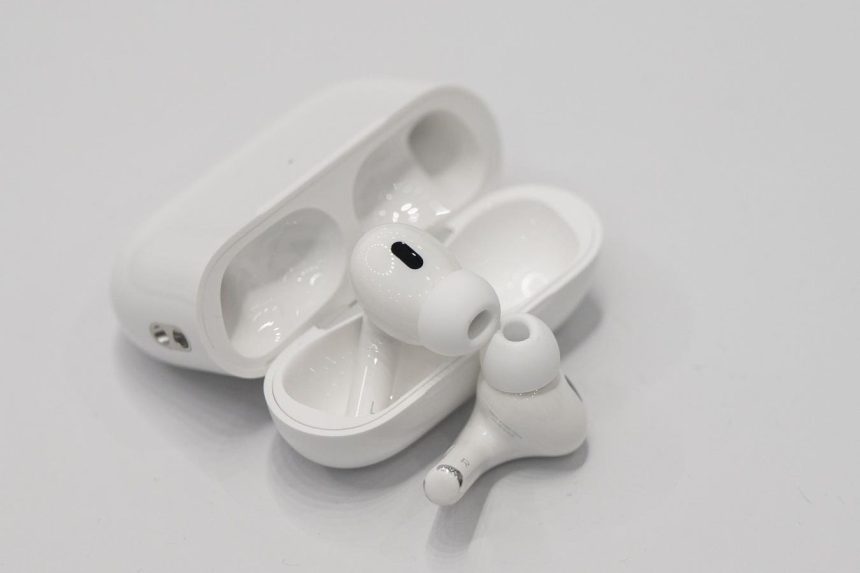The recent announcement of forthcoming hearing aid features for AirPods Pro 2 in the U.K. marks a significant step forward in the accessibility of assistive listening technology. While the hardware for AirPods Pro 2 remained unchanged in the last Apple update cycle, focused primarily on introducing USB-C charging to AirPods and AirPods Max, the software capabilities of the Pro 2 model are being expanded to provide hearing support functionalities, previously available in regions like the U.S. This development hinges on recent regulatory changes in the U.K., paving the way for Apple to introduce this feature to British users in the near future.
The delay in the U.K. rollout stemmed from regulatory hurdles that prevented the classification and use of AirPods Pro 2 as hearing aids. These regulations have now been addressed, as indicated by U.K. Health Secretary Wes Streeting, who emphasized the importance of removing unnecessary regulatory barriers to foster innovation in medical technology. With these regulatory obstacles removed, Apple confirmed its intention to release the hearing aid feature for AirPods Pro 2 in the U.K. within the coming weeks, likely through a combination of iOS 18 and updated AirPods Pro firmware.
The hearing aid functionality in AirPods Pro 2 builds upon the existing Hearing Test feature, which allows users to assess their hearing abilities at home. This self-administered test helps individuals determine if they could benefit from hearing assistance. For those with mild to moderate hearing loss, the AirPods Pro 2, once updated with the new software, can function as a convenient and less visually obvious alternative to traditional hearing aids. This can be particularly beneficial for individuals who feel self-conscious about wearing traditional hearing aids, allowing them to experience improved hearing without the perceived social stigma.
While the AirPods Pro 2 offer a novel approach to hearing assistance, they are not without limitations. One key consideration is battery life. Unlike dedicated hearing aids designed for extended wear, AirPods Pro 2 require regular recharging. Users will need to factor in charging breaks throughout the day to maintain functionality. Another potential challenge arises from the inherent design of AirPods. As they are primarily recognized as devices for listening to music or making calls, others may misinterpret their usage. Someone wearing AirPods Pro 2 for hearing assistance might be perceived as engaged in a phone conversation or enjoying music, leading to potential communication misunderstandings.
Despite these limitations, the introduction of hearing aid features in AirPods Pro 2 represents a significant advancement in accessible hearing assistance. By leveraging readily available technology, Apple is making it easier and potentially more affordable for individuals with mild to moderate hearing loss to access support. The discreet nature of AirPods can also help overcome the social stigma associated with traditional hearing aids, encouraging more people to seek assistance for their hearing needs.
The expected release timeframe of “the coming weeks” suggests a launch in January or February. This timeline aligns with Apple’s typical software update cycle and allows for ample time for final testing and integration with the U.K. regulatory framework. This timely rollout will bring the benefits of this technology to British users in the near future, potentially improving the quality of life for those experiencing hearing challenges. The accessibility and relative affordability of AirPods Pro 2 compared to traditional hearing aids could significantly impact the hearing healthcare landscape, offering a more user-friendly and less conspicuous solution for millions.



